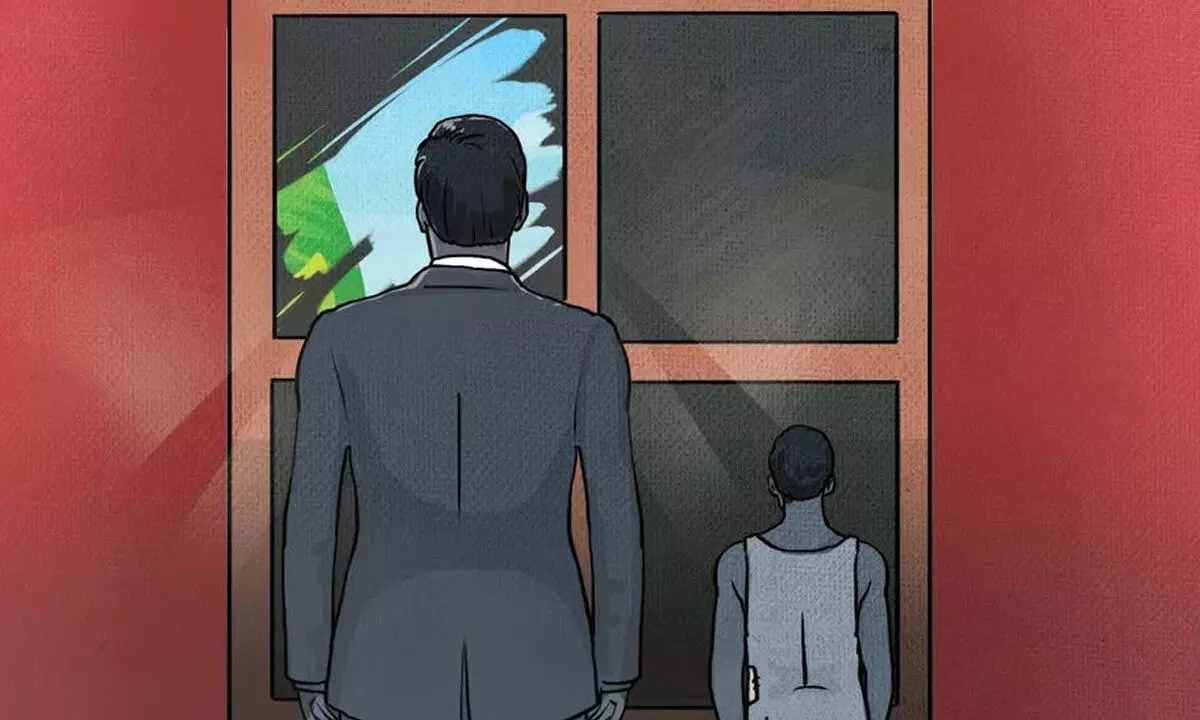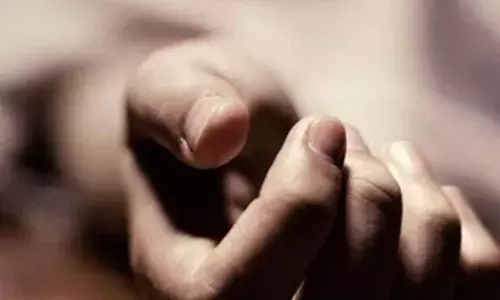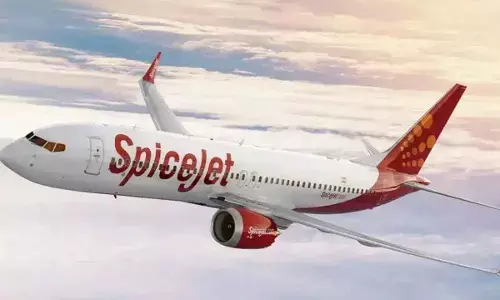We need politics of inclusion

We know we stand at a crossroads. Unsustainable growth means we are hurtling towards climate catastrophe and inequitable growth means we are hurtling towards increased poverty, increased marginalisation and increased anger.
We know we stand at a crossroads. Unsustainable growth means we are hurtling towards climate catastrophe and inequitable growth means we are hurtling towards increased poverty, increased marginalisation and increased anger.
Our learning in India is that growth that is not affordable, in other words not equitable, cannot be sustainable. This, then, is the agenda for the future.
Consider the challenge of Delhi’s toxic air pollution. It’s not that we are not trying to make a difference. All coal plants have been shut; pet coke import (incidentally the ones that the United States exports as it is toxic for local use) has been banned; and we are switching to the cleanest fuels and vehicle technology. Despite these incremental actions, we stay behind the pollution crisis. My colleagues estimate that air pollution in Delhi has reduced by 25 per cent over the past three years, as compared to the previous three years; but it still needs to be reduced by 65 per cent to get what you will call clean air.
The reason is simple: today less than 20 per cent of my city drive in cars to work; roughly 25 per cent own cars. But these vehicle owners take 90 per cent of the road space.
The question is, if the demand of just 20 per cent is leading to huge congestion and pollution, where and how can the city find the road and air space for all? This is where the environmentalism of the poor kicks in. The fact is, if the rich are to breathe clean air, we need to rework mobility for all. We cannot think of adding a few buses or trams or metros; we need to transform mobility so that it works for the rich and the poor. This means combining affordability and convenience and safety.
This is also the case with energy. Many households in my world still use biomass to cook food because they are poor. These air pollutants, which are killing poor people, are also contaminating the airshed they share with the rich. So, if we want clean air, we will have to get the rich out of their polluting vehicles, but we will also have to ensure that the poor households get options to move out of dirty fuels. Their energy transition is important for clean air. This is why without inclusive growth, we cannot have sustainability.
The opportunity is also enormous. If we reinvent for transformative action we will focus on the needs of the poor women and provide them viable, affordable options to leapfrog — from non-fossil dirty fuels to non-fossil clean fuels. But this is where the world needs leadership so that finance for the energy transition is concessional and provides the opportunity to scale up the system for the poorest in the world. The challenge of climate change is a mirror to the air pollution challenge we face in Delhi.In 1990, my colleague Anil Agarwal and I argued in our publication “Global Warming in an Unequal World” that the world cannot combat climate change unless the agreement is fair and equitable. Today, the same issue is on the table. If the solutions cannot meet the needs of all — are equitable — they will not work.
This is where we need to understand this environmentalism of the poor again. It is clear that events in our world are spiralling out of control. Every year is the hottest year, till the next year comes around. Then a new record is broken. From forest fires, to increasing frequency and intensity of storms to blistering cold waves and scorching heat — it’s all getting worse. Then we face the most inconvenient truth.
At current rates, the world will run out of the carbon budget — how much it can emit to limit global warming to 1.5°C — by 2030. But there are vast numbers of people who do not have access to basic energy. They need energy for their development. This is why we need cooperation so that future development can be low-carbon for all.
It is clear that increasing numbers of disasters because of growing intensity and frequency of weird and abnormal weather will make the poor, poorer. Their impoverishment and marginalisation will add to their desperation to move away from their lands and to seek alternative livelihoods. Their only choice will be to migrate — move to the city; move to another country. The double-jeopardy, as I have called it, in the interconnected world is the push — lack of options — and the pull — bright lights that suggest a choice to better futures. This will add to the already volatile situation of boat people and migrants at the border walls, making our world insecure and violent.
This is the cycle of destructive change that we must fight. Our globalised world is inter-connected and inter-dependent, and we must recognise this. Sustainable development is not possible if it is not equitable. Growth has to be affordable and inclusive for it to be sustainable.
But all this will not happen, unless we articulate that the environmental challenge is not technocratic but political. We cannot neuter the politics of access, justice and rights and hope to fix the environment or indeed development.
(Writer is Director General of CSE and editor of Down To Earth, an environmentalist who pushes for changes in policies, practices and mindsets)










